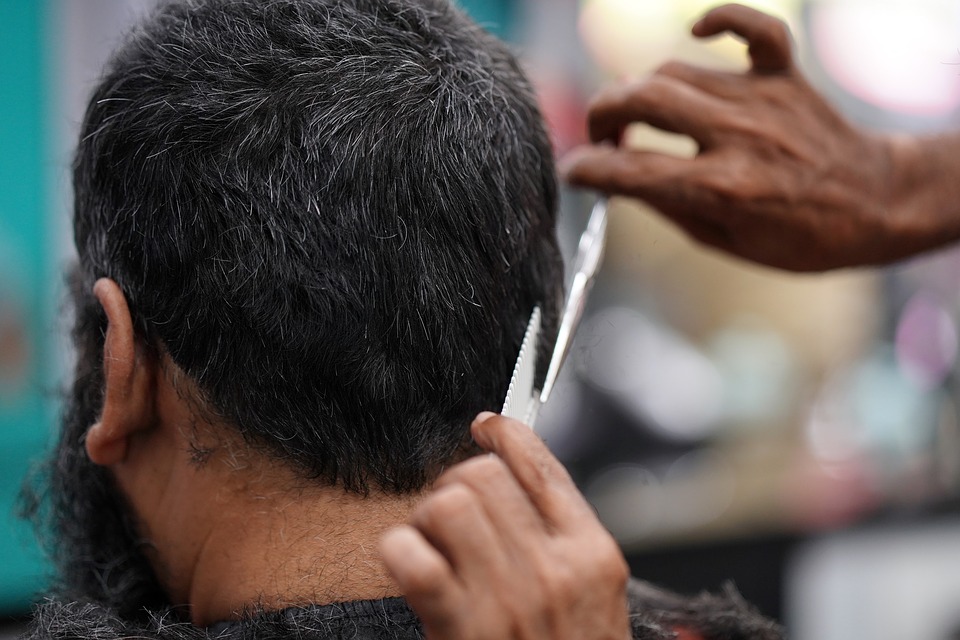
When it comes to our hair, any kind of unusual behaviour can understandably leave us worried. Whether it’s prone to breakages or you’re seeing more falling out than usual, finding a solution to combat this is likely your next port of call. One such solution is hair growth supplements, designed to improve the quality and the speed of growth of our hair. With countless alternatives out there, from changing up your diet to investing in an advanced hair transplant technique with sapphire blades, you may find yourself asking whether supplements are worth the hype. Here, we’re taking a look at whether they really work.
What Kinds Of Supplements Are There?
One of the most confusing parts of the hair growth supplement market is understanding which ones you may actually benefit from, and which are, effectively, ‘duds’. Generally, hair growth supplements are either single vitamins designed to provide a solution for deficiencies, or a combination of a group of vitamins that promote healthier hair growth overall. Some of the most common vitamins found in these supplements include:
- Iron
- Vitamin’s A, B, D and E
- Amino Acids
- Zinc
- Omega Acids (Omega-3)
Nourkrin is another nutritional supplement designed to maintain and improve the overall health of your hair follicles. Consisting of a fish extract, specifically marilex, this supplement simply improves the overall quality of your scalp in order to promote faster, more substantial growth.
Biotin is also a common ingredient in most supplements. This vitamin is another typically found in fish and works to break down fats, carbohydrates and more in the body. Without the right nutrients, your hair can quickly become brittle, as will your nails, so it’s important to ensure you’re getting enough in your diet; choosing the best hair growth supplement can make a significant difference in promoting healthy, strong hair and preventing brittleness.
Do They Work?
Typically, hair growth supplements used at your local nanoplasty hair straightening salon have a noticeable effect on those with nutritional deficiencies. For those suffering from hair loss for other reasons, they may not have much of an effect, even proving disappointing if a result isn’t seen. If your body is lacking in key nutrients, however, supplements can offer support for healthier growth and stronger hair overall.
Typically, sticking to a healthy diet that features a number of these key nutrients can lead to the same or a similar result as a supplement and often in a longer-term fashion.
Are There Other Alternatives?
If your hair loss isn’t fuelled by a lack of nutrition, finding a solution may be a case of visiting your GP, or a dermatologist, in order to get an expert opinion as to the causes for your hair loss. They will be able to advise you in terms of the best course of action for you and your specific case. In terms of genetic hair loss – also referred to as pattern baldness – solutions such as hair transplants may be the ideal option for replenishing your hair. In terms of medication, hormonal changes or stress, your GP may be able to offer alternative medications or stress-reduction solutions in order to help slow or prevent hair loss.
While hair growth supplements have some benefit for those suffering from nutritional deficiencies, they may not be an effective solution for those with other causes. If you are unsure, speak to a professional and get expert advice before taking any supplements or additional vitamins.




